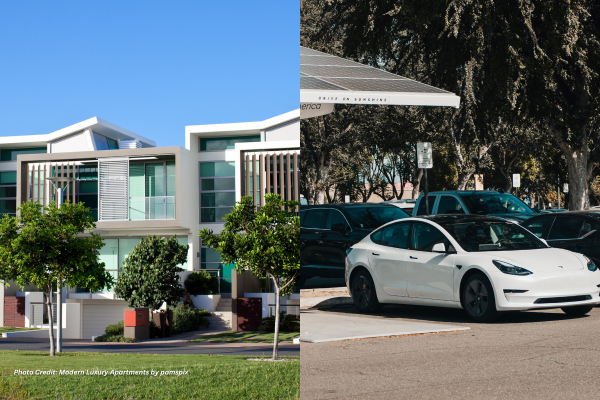
- Trending Stories

Government’s looming record-keeping crisis
Anne Cornish, CEO Records and Information Management Practitioners Alliance (RIMPA)
Opinion 2023: Fueling growth and advancement
Justin Lance Marcel Lavadia


Liz Daykin on enhancing data governance for organisational success
Justin Lance Marcel Lavadia
Karthik Murugan on balancing tech innovation, security, and compliance in the public sector
Justin Lance Marcel Lavadia
Benjamin Henshall of Denodo on the evolution of data virtualisation in recent years
Justin Lance Marcel Lavadia
Featured Leaders 2023: Facing data reforms and advancements within Australia’s public sector
Justin Lance Marcel Lavadia
Australia forms national cyber review board
Justin Lance Marcel Lavadia
Temu’s data security raises concerns
Editors Publicspectrum
Senate inquiry exposes bank closure lies
Editors Publicspectrum
Queensland apartments grapple with electric vehicle surge
Editors Publicspectrum - Events
- Get Involved
- Jobs
- Key Focus

Australia forms national cyber review board
Justin Lance Marcel Lavadia
Temu’s data security raises concerns
Editors Publicspectrum
Sydney suspect floods phones with scams
Editors Publicspectrum
Innovation enhances responsible data practices
Justin Lance Marcel Lavadia
Harnessing Data: Insights from the 10th Annual Aus Government Data Summit
Justin Lance Marcel Lavadia
Senate inquiry exposes bank closure lies
Editors Publicspectrum
Australians concerned as cashless society emerges
Editors Publicspectrum
Kingston’s budget prioritises community connection
Editors Publicspectrum
Touring app launches innovative water tours
Justin Lance Marcel Lavadia
How to navigate complex government workflows and streamline operations
Kilimanjaro Consulting
Macquarie Technology Group receives Gallup workplace award
Justin Lance Marcel Lavadia



Australians rally, advocate People’s Bank against ‘bankocracy’
Justin Lance Marcel Lavadia
Penrith wins NSW sustainable cities award 2023
Justin Lance Marcel Lavadia - Authors
Menu
























